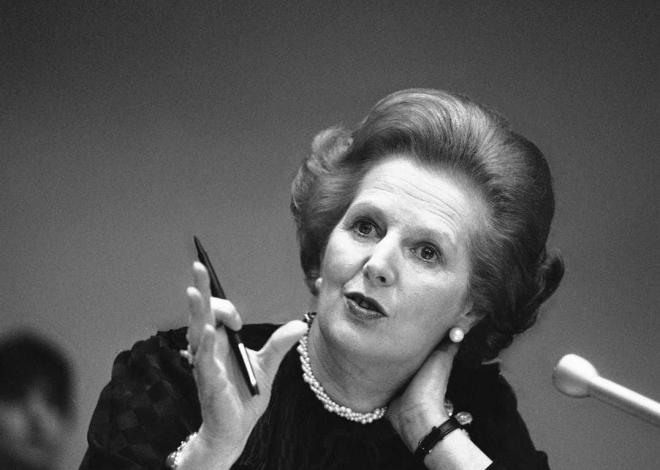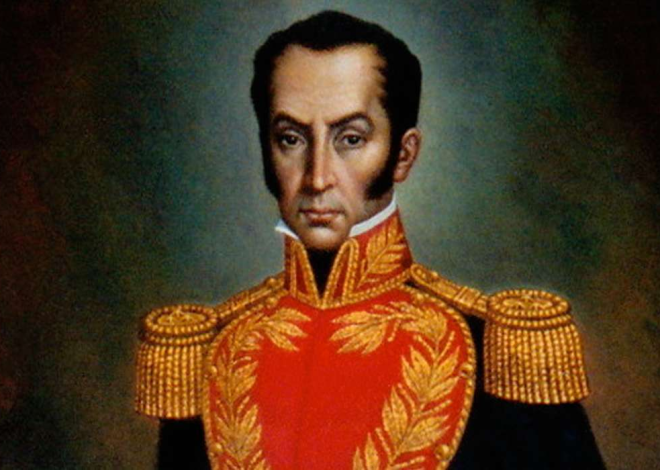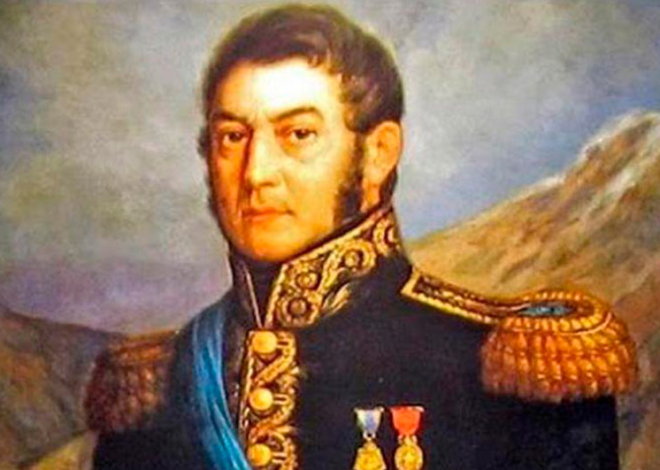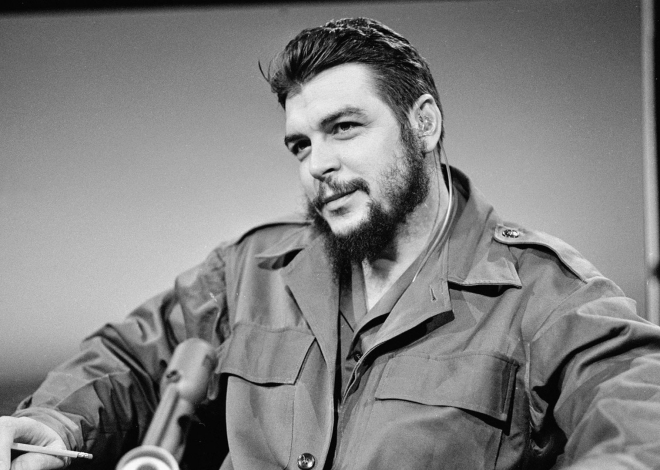
Hugo Chávez
Hugo Chávez was a Venezuelan military officer and politician who served as the President of Venezuela from 1999 until his death in 2013. He was a charismatic and polarizing figure who played a significant role in reshaping Venezuela’s political landscape and had a major impact on regional politics in Latin America.
Here is a detailed history of Hugo Chávez:
Early Life and Military Career:
- Hugo Rafael Chávez Frías was born on July 28, 1954, in Sabaneta, Barinas, Venezuela. He came from a humble background and attended the Military Academy of Venezuela, graduating as a second lieutenant in 1975.
- Chávez served in the Venezuelan military for over 20 years, rising through the ranks and becoming a paratrooper and tank commander. During his military career, he became influenced by leftist and nationalist ideas.
Failed Coup Attempt (1992):
- On February 4, 1992, Chávez led a failed coup attempt against the government of President Carlos Andrés Pérez. The coup, known as the “Bolivarian Revolution,” aimed to overthrow a perceived corrupt political establishment.
- Despite the failure of the coup, Chávez’s televised declaration of his intent to overthrow the government made him a well-known figure in Venezuela.
Imprisonment and Political Mobilization:
- After the failed coup, Chávez was arrested and imprisoned. During his incarceration, he began to outline his political ideology, which he called “Bolivarianism,” inspired by the ideals of Simón Bolívar, a 19th-century Latin American revolutionary leader.
- Chávez’s imprisonment did not diminish his popularity. He attracted a significant following, and his release from prison in 1994 further fueled his political ambitions.
Founding of the Fifth Republic Movement (MVR):
In 1997, Hugo Chávez founded the Fifth Republic Movement (Movimiento Quinta República or MVR), a political party that would later become the United Socialist Party of Venezuela (Partido Socialista Unido de Venezuela or PSUV). The MVR aimed to challenge Venezuela’s traditional political parties and bring about social and economic reforms.
Presidential Election and Bolivarian Revolution:
- In the 1998 presidential election, Chávez ran as a candidate for the MVR. His campaign promised to address corruption, poverty, and inequality and to implement a “Bolivarian Revolution.”
- Chávez won a landslide victory in the election, taking office as president in February 1999. His presidency marked a period of significant political and social changes in Venezuela.
Constitutional Reforms and Consolidation of Power:
- Chávez initiated a process to draft a new constitution for Venezuela, which was approved in a referendum in 1999. The new constitution established a unicameral legislature and expanded presidential powers.
- He was reelected in 2000 under the new constitution and subsequently implemented a series of reforms, including land redistribution, nationalization of key industries, and increased state control over the economy.
Political Polarization and Challenges:
- Chávez’s presidency was marked by political polarization in Venezuela. Supporters praised his efforts to reduce poverty and increase access to healthcare and education, while critics accused him of authoritarianism and economic mismanagement.
- His government faced challenges, including an attempted coup in 2002 and a prolonged oil strike in 2002-2003.
Reelections and Regional Influence:
Chávez was reelected in 2006 and 2012, continuing to implement socialist policies and deepen ties with countries like Cuba and Iran. His government also played a role in regional politics, supporting leftist governments and movements in Latin America.
Death and Legacy:
- Chávez passed away on March 5, 2013, after battling cancer. His death marked the end of an era in Venezuelan politics.
- Chávez’s legacy is deeply polarized. Supporters see him as a champion of the poor and a defender of national sovereignty, while critics argue that his policies contributed to economic instability and authoritarianism.
Chávez’s presidency had a profound impact on Venezuela and the region, leaving a lasting legacy that continues to shape the country’s politics and economic policies.







